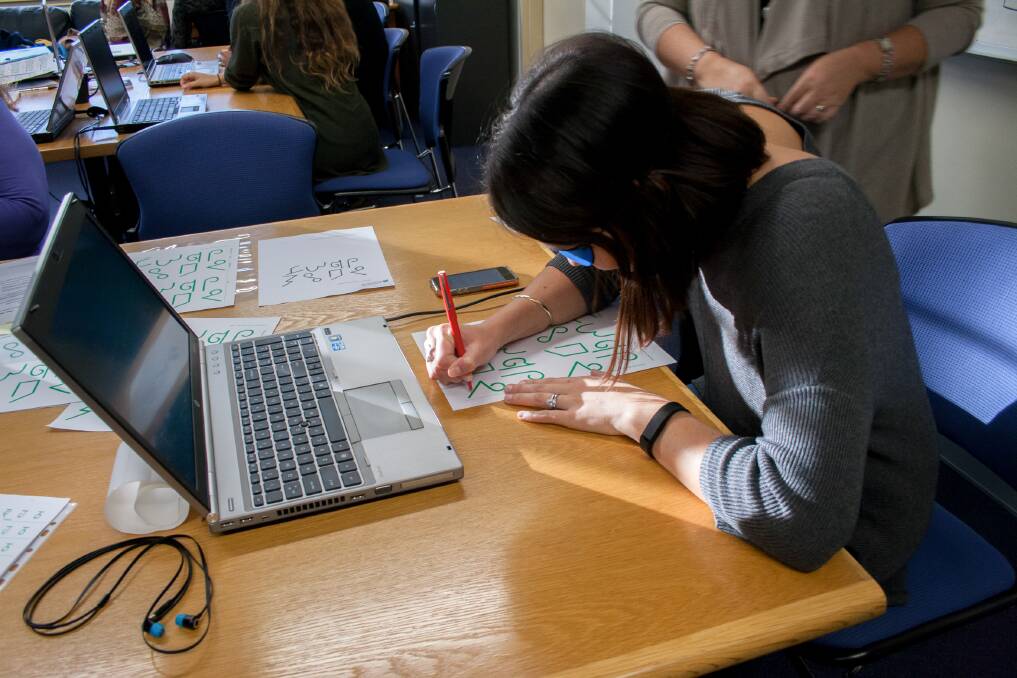
It used to be thought that the brain was wired up while you were in utero and not much changed after that.
Create a free account to read this article
$0/
(min cost $0)
or signup to continue reading

Now neuroplasticity – the ability of the brain to change significantly – is a given fact, with extraordinary success stories of people with learning difficulties turning their lives around after retraining their brains.
The best known pioneer of neuroplasticity is Canadian Barbara Arrowsmith-Young, who, while very bright, had severe learning difficulties which held her back at school. She couldn’t work out the relationship between hour and minute hands on a clock or the relationship between cause and effect, among a whole host of other specific problems.
Piecing together all she knew about the brain in her mid-20s, she set about reschooling her brain. She used exercises she invented which addressed the 19 different learning dysfunctions she identified.
These exercises radically improved her brain functioning in very specific ways, and the changes had flow-on effects to all other parts of her life as well.
Her profound improvement after working at these exercises led to her forming the Arrowsmith School in Toronto in 1980. Her 2012 book ‘The Woman who Changed her Brain’ details her life story and the success of the program she’d devised.
While some private Sydney schools run Arrowsmith programs at the school, until this year if you wanted Arrowsmith training you had to go to Canada or New York. Now an Arrowsmith school for adults at Carss Park in southern Sydney has opened, and took its first intake of students in February.
With the 3Bridges Sydney Arrowsmith Program about to open its mid-year intake, the Gazette spoke to CEO Rosemary Bishop about the program.
“Each student has an individual learning program which includes mindfulness, public speaking and physical activity,” she said.
“It’s not a learning program, it is a transformational program. It doesn’t teach; it changes the structures of the brain. It’s quite a commitment – one year would be a minimum but we generally find it takes two to three years to get a real difference.
“Staff and family report changes in the students, which range from quicker reaction times, nuance and humour, to improved handwriting and comprehension.
“Most importantly their capacity is enhanced in social situations, with increased confidence and resulting friendships clearly changing many of their lives.”
At $25,000 a year for the tuition, it’s not a commitment to be taken lightly. Students do six to eight 40-minute sessions a day on different activities, according to their specific learning difficulties.
There are seven students at the school as its first intake, most in their early 20s (with one teenager and one in their early 30s).
To be accepted into the school, prospective students come for an interview, and if deemed suitable for the program, undergo two rigorous days of testing to identify their specific learning difficulties. This assessment costs $5000 (part of the $25K) and gives rise to the student’s learning program, based on their weaknesses.
The school has another three students starting in the July intake and has capacity for another 10. It is also taking volunteers such as uni students with an interest in neuroplasticity, who would like to be trained as teacher’s aides to assist with the program.
If you’d like to enquire about being a volunteer or find out more about the school, call 8558 4000 or email Rosemary.Bishop@3bridges.org.au.

